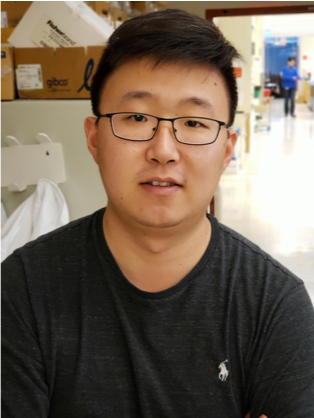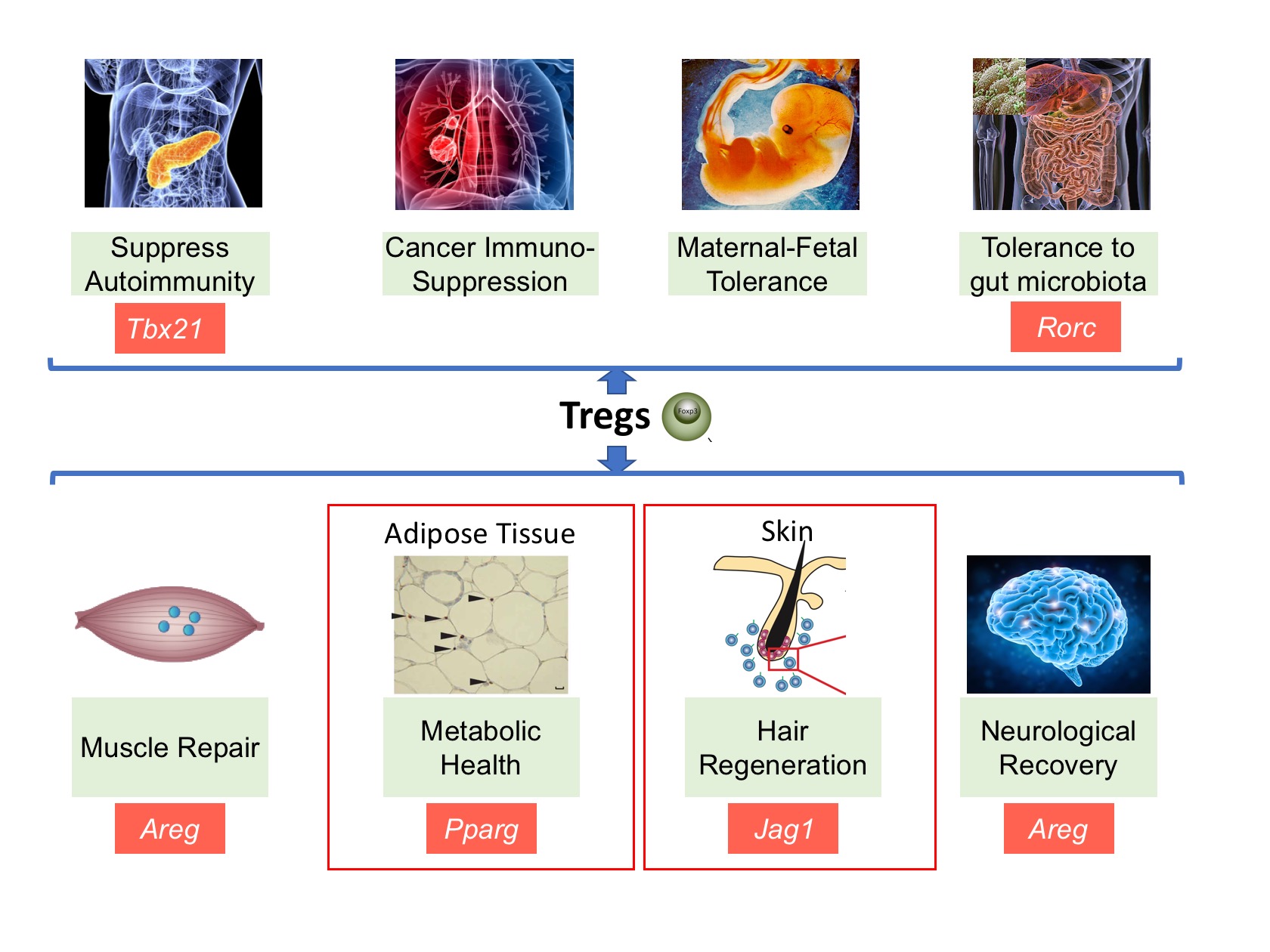Welcome to the Li Lab

Dr. Chaoran Li obtained a BSc in Biological Sciences from Peking University and a PhD in Immunology from Duke University, where he investigated the role of microRNAs and epigenetic mechanisms in controlling the differentiation and function of CD4+ T cells. Dr. Li continued his training in the joint laboratory of Drs. Diane Mathis and Christophe Benoist at Harvard Medical School, focusing on dissecting the life history and regulation of a unique population of regulatory T cells (Tregs) residing in the visceral adipose tissue and how they control systemic metabolism. In 2020, Dr. Li joined the Department of Microbiology & Immunology at Emory University School of Medicine as an assistant professor. Research in his lab focuses on cytokine and metabolic regulation of Tregs in non-lymphoid tissues at homeostasis and during obesity-associated metabolic disorders and inflammatory diseases. Dr. Li is a recipient of the CRI Irvington Postdoctoral Fellowship from Cancer Research Institute, the Discovery Grant Award from the National Psoriasis Foundation, the URC Award from Emory University, the AAI ASPIRE Award from the American Association of Immunologists, and the ICIS-Regeneron New Investigator Award from the International Cytokine & Interferon Society. He also currently serves as an associated editor at the Journal of Immunology.
Research Interests
It has become increasingly clear that the immune system not only defends against pathogens and enforces tolerance to “self”, but also maintains organismal homeostasis and safeguard the function of non-lymphoid tissues. This is carried out by unique tissue-resident immune populations with distinctive transcriptional profiles and antigen-receptor repertoires that interact with local stromal/parenchymal cells and environmental factors. Recent studies from us and others revealed that many of these tissue-resident immune populations were dysregulated during obesity, which contributed to the development of obesity-associated metabolic and inflammatory diseases. The central goal of the research from the laboratory is to combine genetic mouse models, low-input/single-cell “-omics” approaches, and CRISPR/Cas9-based in vivo screening to dissect the environmental triggers and molecular mechanisms that control homeostasis of tissue immunocytes, particularly T cells, and determine how these processes may be modulated during obesity.
Open Positions
We are looking for highly motivated, enthusiastic, and creative research specialists, postdoctoral fellows, graduate students, visiting scholars, and undergraduate students to join us. Candidates who are broadly interested in the areas of immunology, metabolism, molecular/cell biology, mouse genetics, and bioinformatics are encouraged to apply. If interested, please send a CV, a brief description of your previous research experience and research interests, and contact information for 2-3 references to Dr. Chaoran Li.


